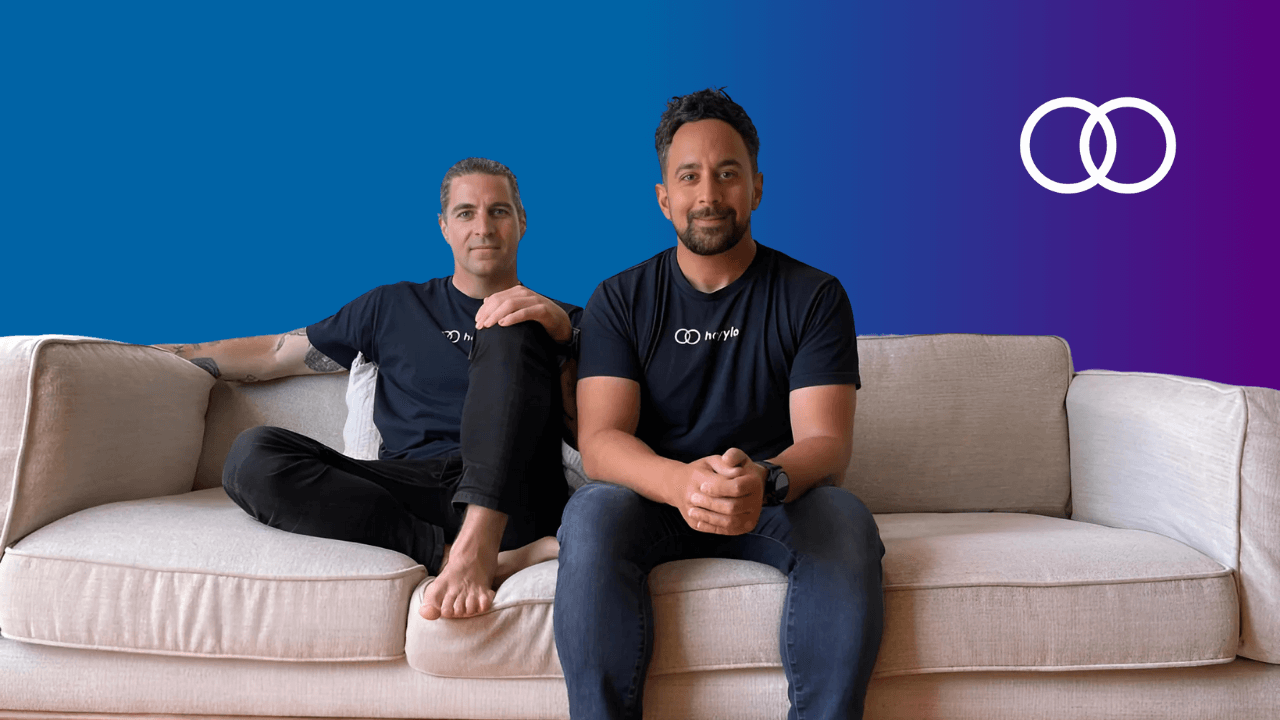Meet Our JK Fellow Fiona Murphy
March 19, 2024
I’m an award-winning writer and editor based in the Blue Mountains, NSW. My writing about disability and accessibility has appeared in The Guardian, ABC, The Saturday Paper, Griffith Review, The Big Issue, among many other outlets. I’m a casual lecturer for RMIT University’s Prof

.png)

%20(1).png)
.png)
.png)


.png)
%20(1).png)

.png)



%20copy.png)

%20(1).png)

.png)

%20(1).png)
.png)
.png)
%20copy.png)













.png)






.png)








%20(1).png)




.png)
%20(1).png)






.png)



.png)

.png)

.png)
.png)
.png)

.png)


.png)
.png)












.png)
